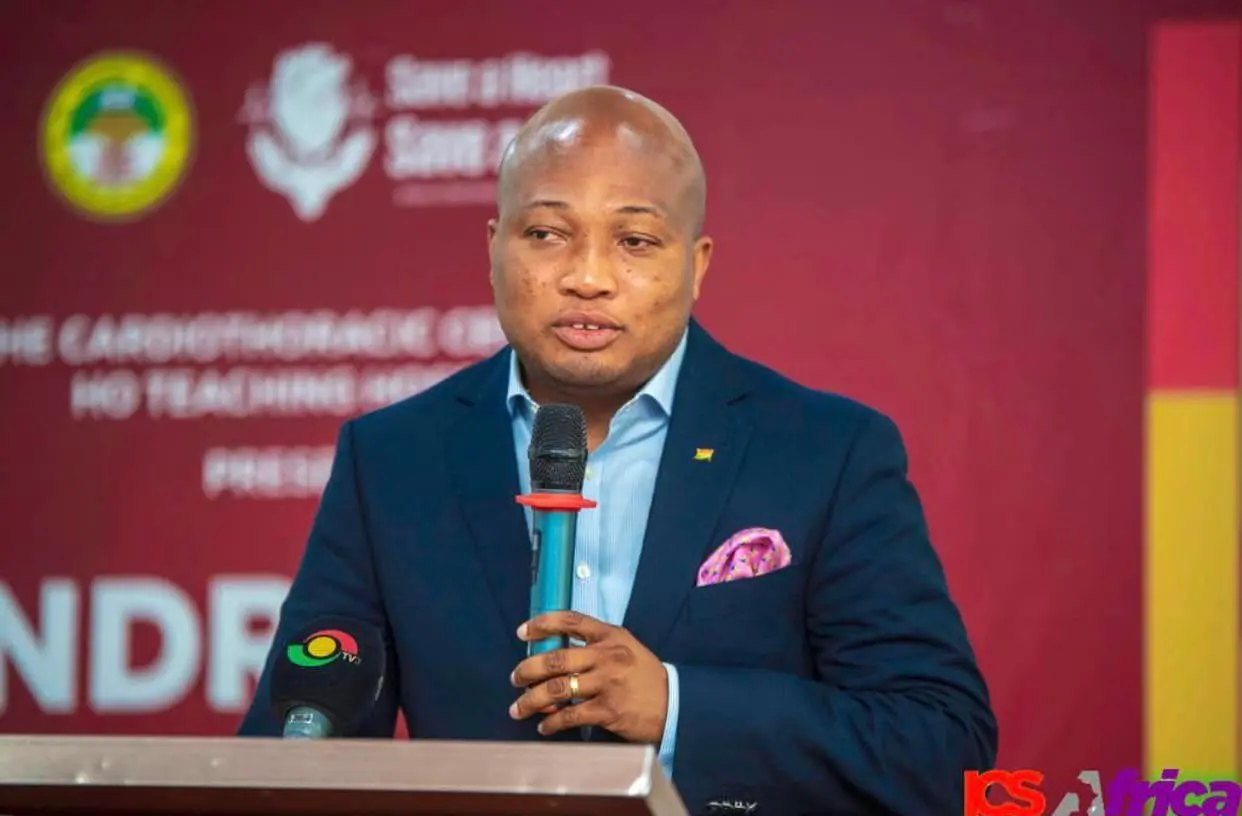
Ghana has firmly rejected a US request to accept Kilmar Abrego Garcia, a national of El Salvador, for relocation, signaling a recalibration of its migration cooperation with Washington.
The decision follows months of legal and administrative challenges surrounding Abrego Garcia, who was deported from the United States despite a court order protecting him.
After spending several months in detention in El Salvador, Abrego Garcia was returned to the US under a federal judge’s ruling, which found that his initial deportation had violated the law.
Since then, American authorities sought to transfer him to a third country. Discussions were held with Uganda, Eswatini, and Ghana, but all three nations declined the request, with Accra’s rejection drawing particular attention.
Ghanaian Foreign Minister Sam Okudzeto Ablakwa clarified the country’s stance on the social media platform X, correcting reports that suggested otherwise. “Ghana will not receive Abrego,” he stated, emphasising that the decision had been communicated clearly to US authorities.
Minister Ablakwa explained that past cooperation between Ghana and the United States had been limited to humanitarian reception of a small number of non-criminal West African nationals deported for administrative reasons. “There was never any question of extending this agreement to nationals from Central America or other regions,” he added.
The refusal reflects Ghana’s reassessment of its migration partnerships with Washington. While the US has sought to establish broader resettlement arrangements with African countries, Accra is asserting the need for clearly defined and transparent terms. By declining to host Abrego Garcia, Ghana underscores that any future collaboration must remain within explicitly agreed humanitarian frameworks.
Observers say the decision highlights Ghana’s desire to maintain autonomy in its migration policies while preserving the integrity of its prior agreements. The move may also influence other African nations’ responses to similar US requests, marking a notable shift in transatlantic migration cooperation.
As discussions continue on how to manage Abrego Garcia’s case, Ghana’s position serves as a reminder that international resettlement agreements require careful negotiation and adherence to national principles.



